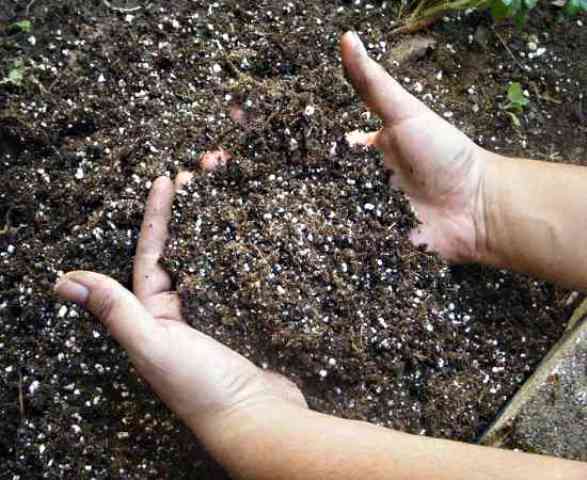Researchers from the Cornell University have found a new species of soil bacteria that is particularly adept at breaking down organic matter, including cancer-causing chemicals that are released when coal, gas, oil and refuse are burnt.
Dan Buckley, professor of microbial ecology in the Section of Soil and Crop Sciences in the School of Integrative Plant Science, along with five other Cornell researchers described the new bacterium in a paper titled Paraburkholderia madseniana sp. nov., a phenolic acid-degrading bacterium isolated from acidic forest soil.
It was published in the International Journal of Systematic and Evolutionary Microbiology on February 6.
The newly discovered bacteria belong to the genus Paraburkholderia madseniana, which are known for their ability to degrade aromatic compounds and, in some species, the capacity to form root nodules that fix atmospheric nitrogen.
According to researchers, the bacteria may help fight climate change by breaking down carbon and regulating carbon cycle.
“Microbes have been here since life began, almost 4 billion years. They created the system that we live in, and they sustain it,” science website phys.org quoted Buckley as saying. “We may not see them, but they re running the show,” he added.
The new bacteria, madseniana, has been named after Gene Madsen, the microbiology professor who started the research. He died in 2017, before he could confirm the discovery.
Phys.org said Madsen’s research focused on biodegradation, a process by which microorganisms break down pollutants in contaminated soils, with a special focus on organic pollutants called polycyclic aromatic hydrocarbons (PAHs).
While Madsen isolated the new bacteria from the forest soil, Buckley’s team brought the project to completion.
The first step was sequencing the bacterium’s ribosomal RNA genes, which provided genetic evidence that madseniana was a unique species. In studying the new bacteria, the researchers noticed that madseniana is especially adept at breaking down aromatic hydrocarbons, which make up lignin, a major component of plant biomass and soil organic matter.
Buckley s lab focused on the bacterium’s role in the carbon cycle—the natural cycling of carbon through the Earth and the atmosphere.
This news has not been edited by Apni Kheti staff but has been published by various news feeds
Source: Down To Earth

